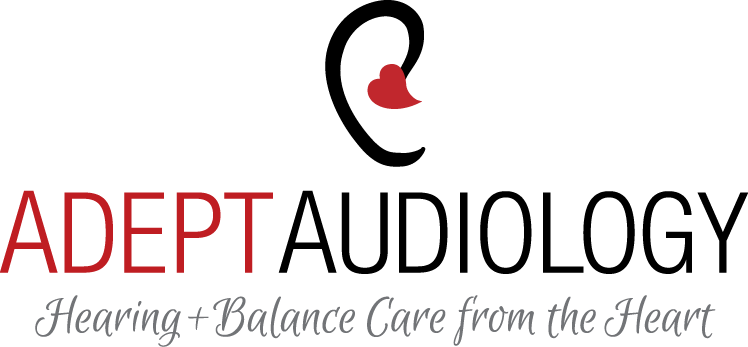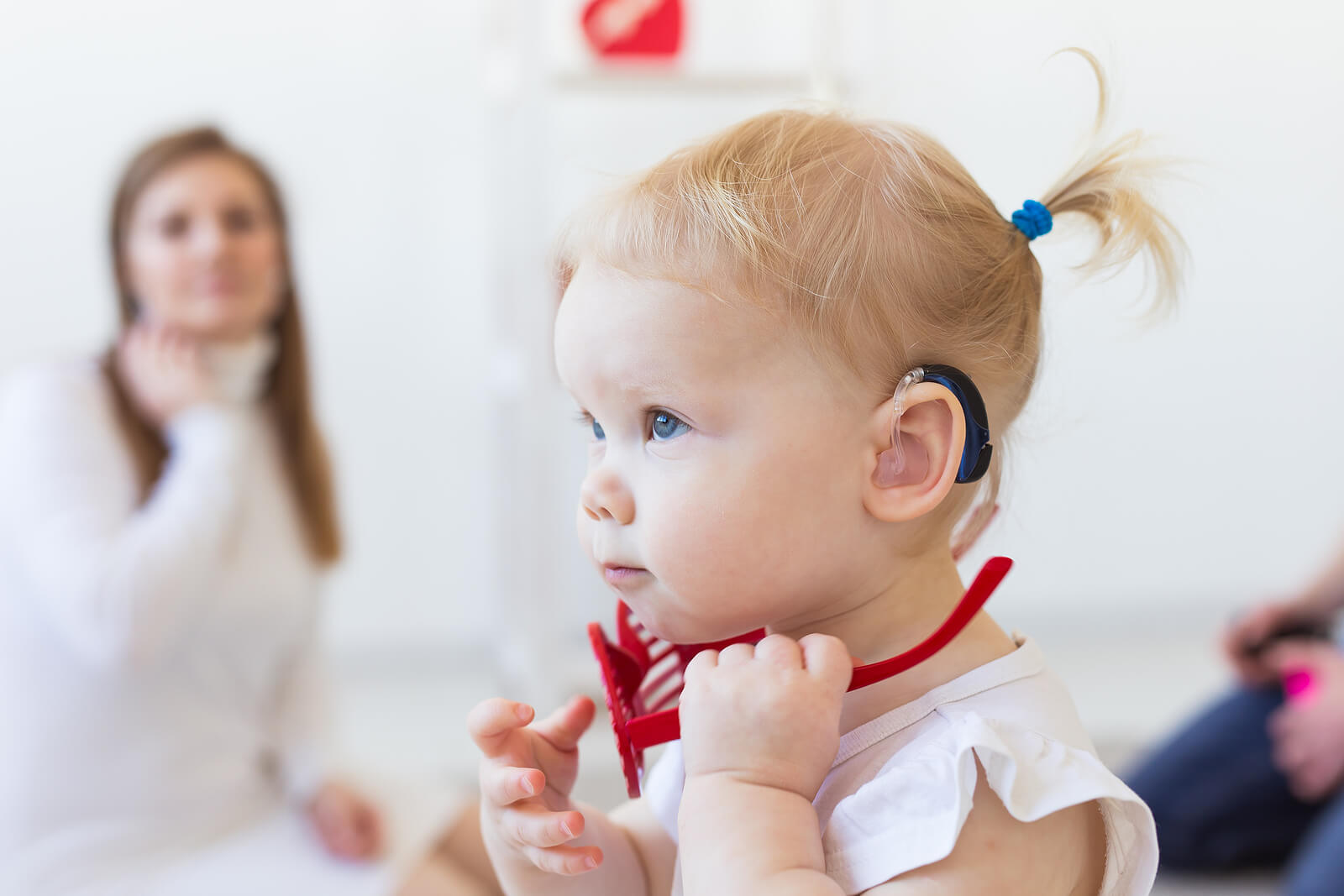Parents naturally worry about their child’s health, and hearing is an essential aspect of overall well-being. Understanding when to take your child to an ear doctor is crucial for ensuring their hearing health is monitored and protected from an early age. This guide will help you understand the appropriate times to consider a visit to a provider, key signs to watch for, and the importance of regular hearing health exams.
The Importance of Early Hearing Health
Hearing is vital for a child’s development, especially in the early years when language and communication skills are rapidly developing. Undetected hearing loss can lead to delays in speech, language, and social skills. By addressing hearing issues early, you can provide your child with the best chance for success in their academic and personal life.
Newborn Hearing Screenings
From the moment a child is born, hearing health is a priority. Most hospitals conduct newborn hearing screenings before the baby leaves the hospital. These screenings are essential because they can detect potential hearing issues that might not be immediately apparent. If your baby doesn’t pass the initial screening, follow-up tests will be scheduled to confirm any hearing loss.
When to Schedule the First Hearing Health Exam
If your child passes the newborn hearing screening, the next critical period is around the age of 1. The American Academy of Pediatrics recommends a hearing health exam at this age. This exam can catch any issues that may have developed after birth. It’s also a good time to assess speech and language milestones, which can be indicators of hearing health.
Recognizing Signs of Hearing Loss
Even if your child passes early hearing tests, it’s important to remain vigilant for signs of hearing loss as they grow. Here are some key signs to watch for:
- Delayed Speech Development: If your child isn’t speaking as well as other children their age, it could be a sign of hearing loss.
- Frequent Ear Infections: Chronic ear infections can lead to hearing problems. If your child has frequent ear infections, a visit to an ear doctor is advisable.
- Difficulty Following Directions: If your child seems to have trouble understanding or following directions, it might be due to hearing issues.
- High Volume Preferences: If your child prefers the TV or music to be at a high volume, this might indicate that they are struggling to hear well.
If you notice any of these signs, scheduling a hearing health exam is a good step.
Preschool and Beyond
As your child enters preschool, their interactions and communication with others become more complex. During this stage, regular hearing health exams should be part of their routine medical check-ups. Early childhood education programs often include hearing screenings, but it’s important to continue monitoring their hearing health independently.
School-Age Children
Hearing loss can also develop or become apparent during the school years. It’s a time when academic performance and social interactions are crucial. Children with untreated hearing loss might struggle in school, leading to academic and behavioral issues. Ensure your child has a hearing health exam before starting school and regularly throughout their school years.
The Role of the Provider
A provider specializes in identifying and treating hearing loss. They can conduct thorough hearing evaluations and provide interventions if needed. These interventions may include hearing aids, therapies, or other assistive technologies tailored to your child’s specific needs.
Building a Relationship with Your Provider
Having a trusted provider can make a significant difference in your child’s hearing health journey. Regular visits help track your child’s hearing development and address any issues promptly. Establishing this relationship early ensures that you have a professional who understands your child’s unique hearing health history.
The Benefits of Early Detection and Intervention
Early detection and intervention for hearing loss can profoundly impact a child’s development. When hearing issues are identified and treated early, children are more likely to reach their full potential. They can develop language skills on par with their peers, enjoy better social interactions, and achieve academic success.
Promoting Lifelong Hearing Health
Taking proactive steps in your child’s early years sets the foundation for lifelong hearing health. Regular hearing exams, prompt attention to signs of hearing loss, and building a relationship with a provider are essential components. These actions ensure your child enjoys the benefits of good hearing health throughout their life.
Deciding when to take your child to an ear doctor is crucial for their overall development and well-being. Starting with newborn screenings, followed by regular hearing health exams and monitoring for signs of hearing loss, ensures that your child receives the necessary care. Early detection and intervention can make a significant difference, supporting your child’s ability to communicate effectively and succeed academically. By prioritizing your child’s hearing health, you are taking important steps to safeguard their future.

